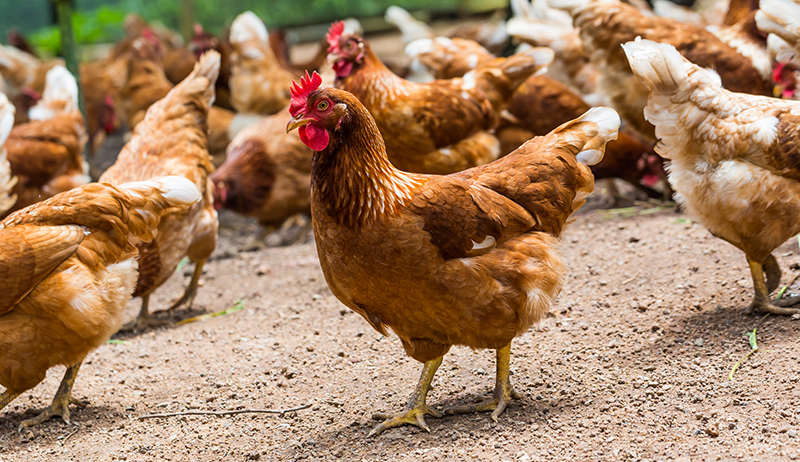Less than a year after South Africa’s poultry import tariffs increased, ITAC has announced that it is launching an anti-dumping investigation at the behest of the South Africa Poultry Association (SAPA), against Ireland, Spain, Poland, Denmark and Brazil.
An editorial from the Association of Meat Importers and Exporters (AMIE) explains why tariff hikes on poultry may not be an effective way to strengthen the poultry industry.
While all countries have the sovereign right to investigate dumping allegations, they must be rooted in two fundamental values: fairness and accuracy. This is critical, as without these values, consumers end up paying more for chicken and South Africa could run the risk of running foul of its bilateral relations with strategic trade partners. These are partners that we rely on for our own South African exports.

When poultry import tariffs were introduced in 2020, the South African National Consumer Union warned that these tariffs would push up chicken prices – a prediction that has come true. A bag of Individual Quick Frozen (IQF) chicken portions has risen from R63.87 to R77.61 – an increase of 9% – in one year. This means that minimum wage earners will struggle to afford what should be an affordable source of protein.
Now poultry producers are asking for even more tariff protection on certain chicken imports. Poultry price increases – which are already exceeding inflation – would make chicken completely unaffordable to the 40% of South African consumers that are already regarded as poor.
“These tariffs are aimed at cutting out imports completely,” said Paul Matthew, CEO of AMIE, “and creating a monopoly in the local industry. We need to ask why the local industry pursues protectionism to this extent despite the increases in price to the consumer.”
The industry needs help, but not protection. As AMIE (Association of Meat importers and Exporters), we do not believe that imports are harming the local industry, and we do not believe that tariffs or anti-dumping duties are the way to solve the industry’s problems. AMIE’s focus is on the impact of prices on consumers.
Botswana has banned poultry imports from South Africa and Zimbabwe in the past in order to protect the local industry, even though only 5% of the country’s poultry is imported. However, even that small reduction in imports led to a significant rise in price and the re-introduction of imports as soon as it was feasible.
“If you cut imports out, what will happen to poultry in this country? It will just become so controlled, the prices will just increase so that the lower LSM who enjoy the product will be unaffordable for their baskets.”



